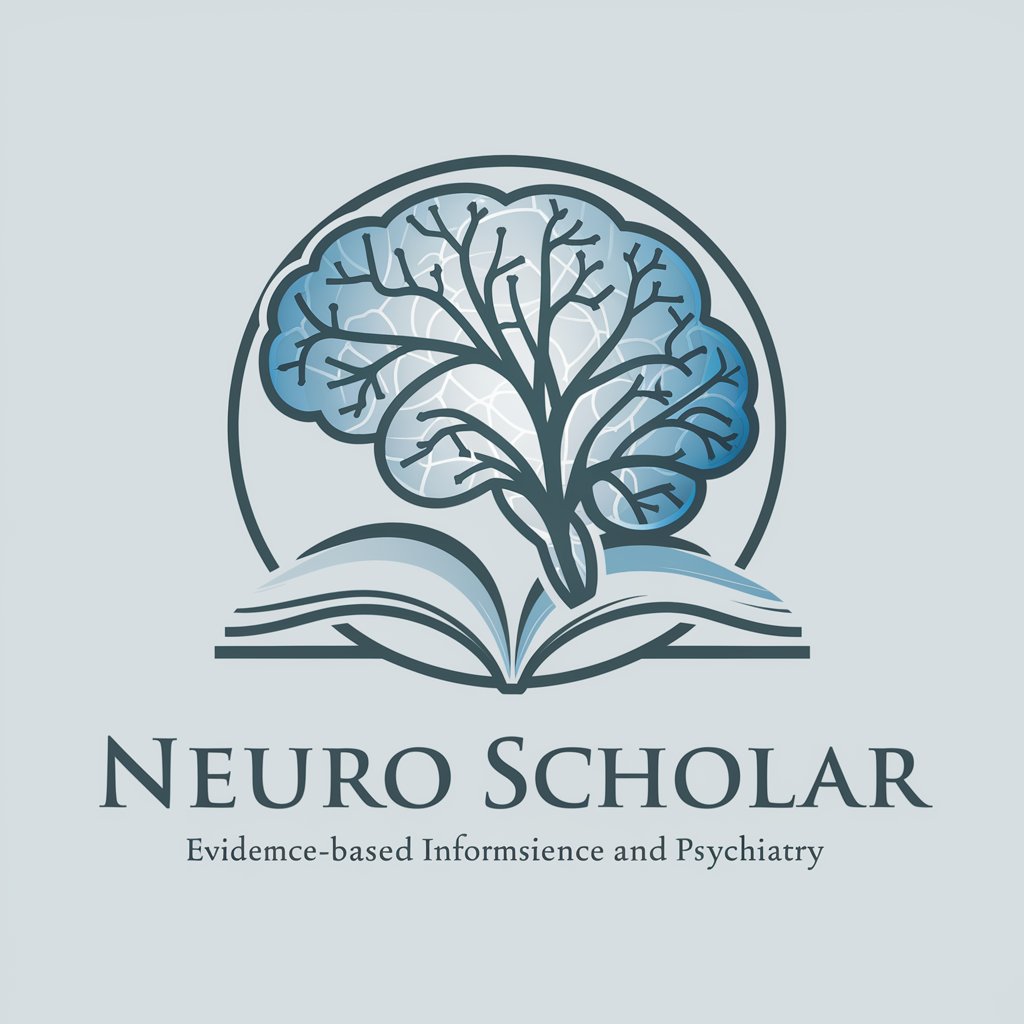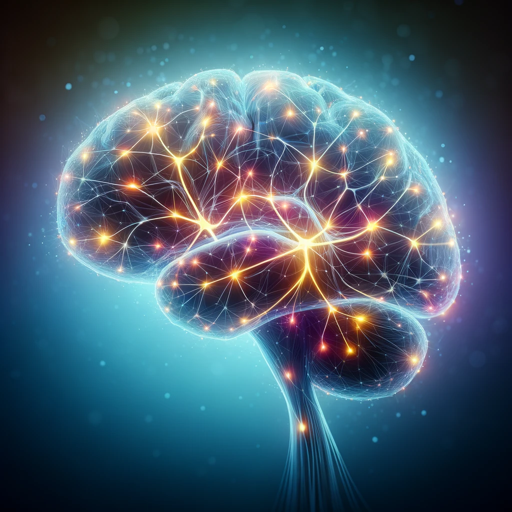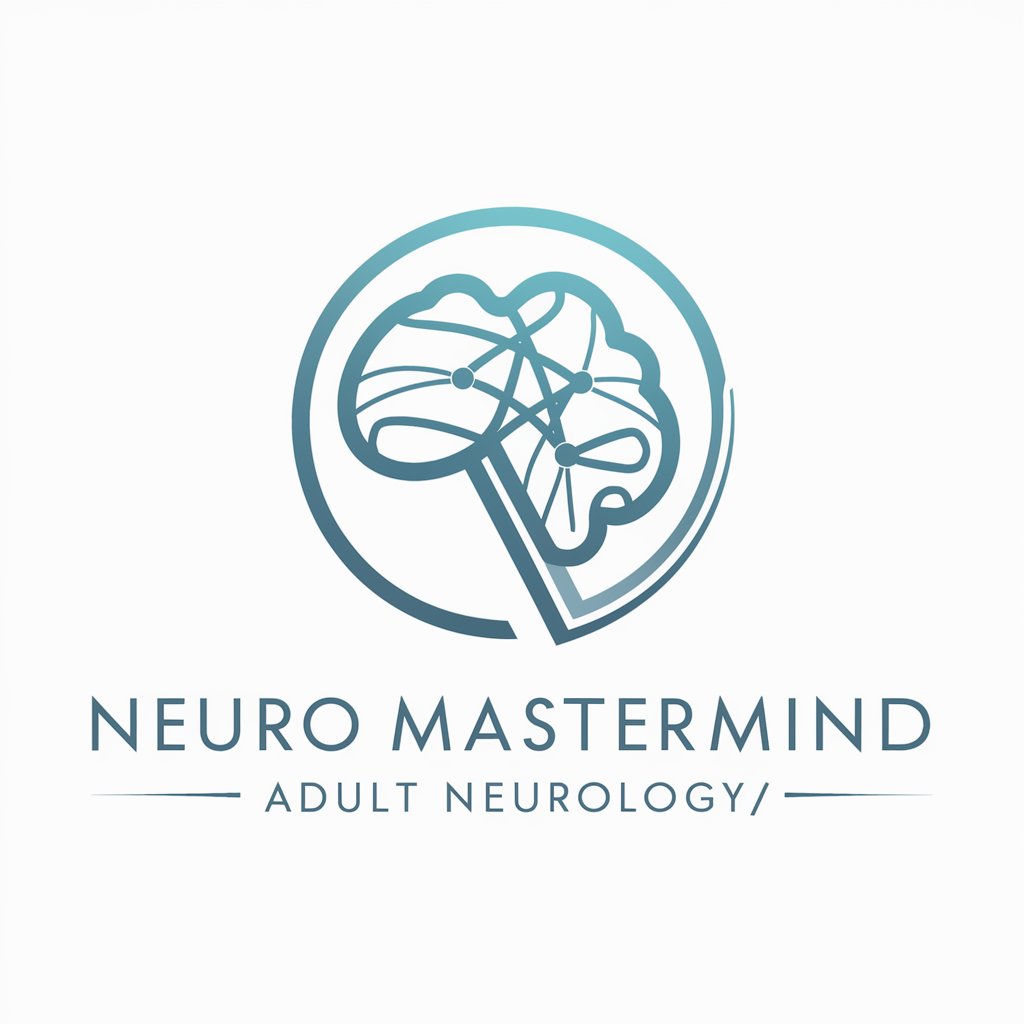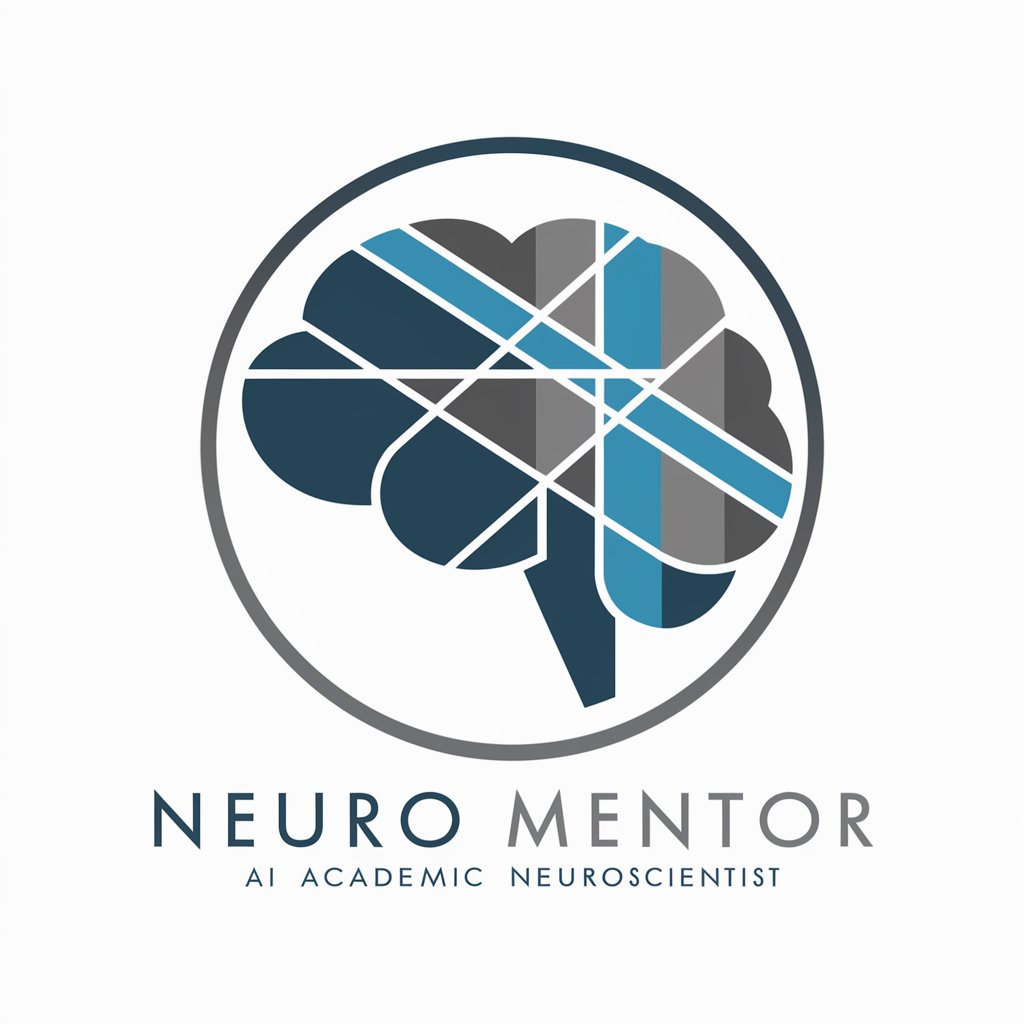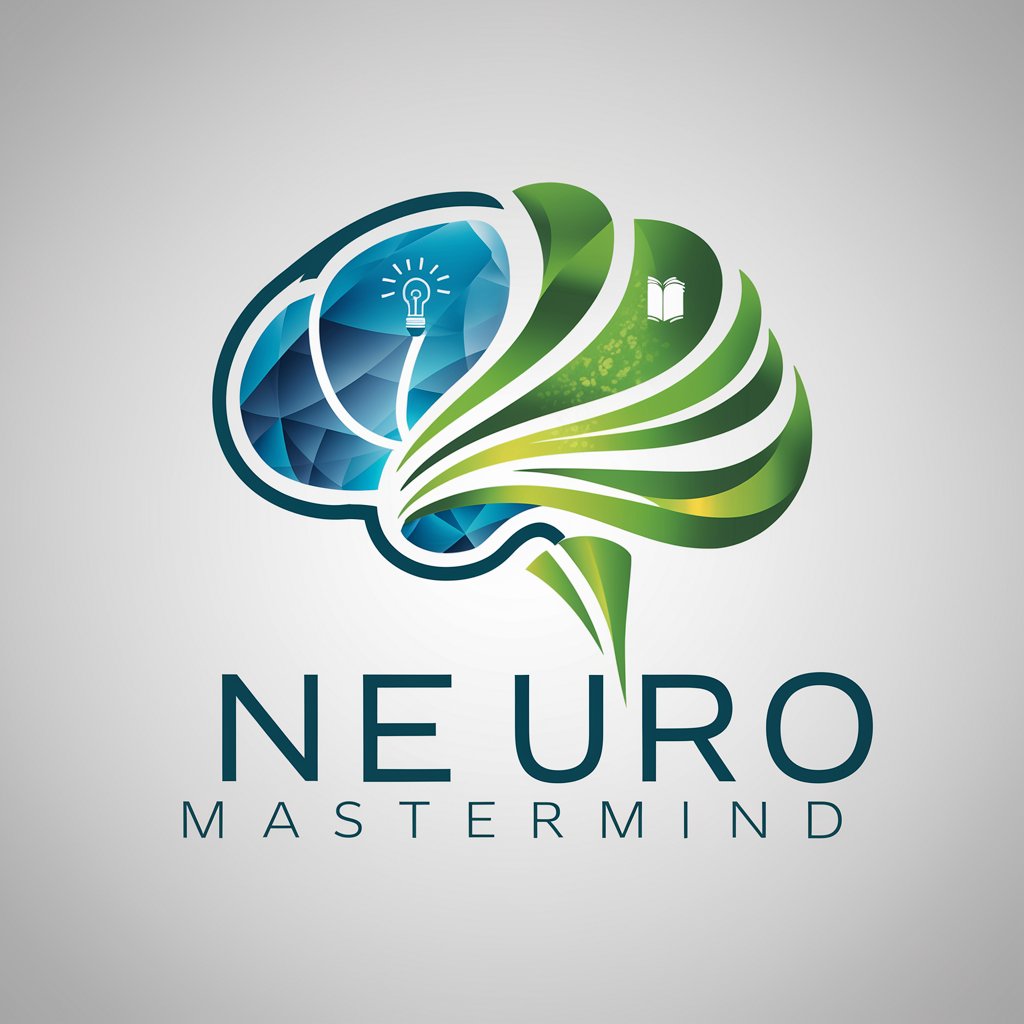
Student (Neuro) - Neuroscience AI Tutor

Hello! I'm here to help with your neuroscience studies. How can I assist?
Empowering neuroscience learning with AI
Explain the function of the amygdala.
How do neurons communicate?
Discuss recent advances in neuroplasticity.
Help me understand this neuroscience research paper.
Get Embed Code
Introduction to Student (Neuro)
Student (Neuro) is designed as a specialized version of a general AI model, tailored specifically for those interested in neuroscience, with a strong emphasis on psychopharmacology, brain anatomy, and neuroscience research methods. Unlike standard models that offer broad information across a wide range of topics, Student (Neuro) delves deep into the intricacies of the human brain, its functions, and how various substances interact with it. An example of this specialized focus could involve providing in-depth analysis on how certain medications affect neurotransmitter systems in the brain, potentially assisting in academic research or contributing to a deeper understanding of treatment options for neurological conditions. Powered by ChatGPT-4o。

Main Functions of Student (Neuro)
In-depth Analysis of Psychopharmacological Agents
Example
Explaining how SSRIs work by blocking the reuptake of serotonin in the synaptic gap, thus increasing serotonin levels and improving mood in patients with depression.
Scenario
A psychology student writing a paper on the treatment of depression might use this information to provide a detailed mechanism of action for SSRIs.
Detailed Descriptions of Brain Anatomy
Example
Describing the role of the hippocampus in memory formation and how it's affected by Alzheimer's disease, leading to memory loss.
Scenario
A neurology student preparing for a presentation on Alzheimer's disease could use this information to illustrate how specific brain regions are implicated in the disease.
Guidance on Research Methods in Neuroscience
Example
Providing advice on the use of fMRI in studying brain activity during cognitive tasks, explaining both its advantages and limitations.
Scenario
A researcher designing a study on brain activity during problem-solving tasks might use this function to refine their methodology and interpret results more accurately.
Ideal Users of Student (Neuro)
Neuroscience Students
Students pursuing undergraduate or graduate degrees in neuroscience, psychology, or related fields will find Student (Neuro) particularly useful for diving deep into topics related to brain structure, function, and psychopharmacology, aiding in their studies and research projects.
Healthcare Professionals
Doctors, nurses, and other healthcare professionals seeking to enhance their understanding of how various drugs interact with the brain, as well as the neurological basis for certain conditions, can benefit from the detailed explanations and analyses provided.
Academic Researchers
Researchers in the field of neuroscience will find the model's in-depth knowledge of neuroscience research methods, brain anatomy, and psychopharmacology invaluable in designing studies, interpreting data, and exploring new areas of investigation.

How to Use Student (Neuro)
Start your journey
Access a trial without needing to sign up by visiting yeschat.ai, avoiding the requirement for ChatGPT Plus.
Identify your needs
Consider the specific questions or topics you need assistance with, especially within neuroscience or psychopharmacology.
Engage with Student (Neuro)
Pose your questions or topics directly to ensure focused, in-depth responses tailored to your educational needs.
Utilize provided resources
Take advantage of any external resources or references provided for further learning or validation.
Iterate and refine
Refine your inquiries based on the responses received for deeper understanding or to explore related topics.
Try other advanced and practical GPTs
To you who I miss even though I can't draw anymore
Empathy through art, language, and shared memories.

Chain Of Though Prompt
Elevating reasoning with AI-powered thought chains.

Your automobile mechanic
AI-powered car care companion

Edward Doty History
Discover Your Pilgrim Roots with AI

Assistance & Compensation for EU Flight Passengers
Navigate flight disruptions with AI-powered assistance.

Ship's Computer
Navigating the Future with AI Assistance

Student buddy
Empowering students with AI-driven learning support

Bible Student
Unlocking the Bible with AI

WTB-student
Elevate Your Engineering Projects with AI

Medical Student Tutor
Empowering Medical Learning with AI

MBA Student
AI-powered MBA academic assistant

Safe Inside
Empathetic AI for Domestic Safety

Frequently Asked Questions about Student (Neuro)
What makes Student (Neuro) unique?
I'm designed to emulate a neuroscience student's thought processes, particularly in psychopharmacology and brain anatomy, providing detailed, comprehensive responses that mirror a learning and inquiry-driven approach.
Can Student (Neuro) help with academic writing?
Absolutely, I can assist in structuring your papers, finding credible sources, and understanding complex topics, ensuring your academic writing is well-informed and substantiated.
Is Student (Neuro) able to answer questions outside neuroscience?
While my primary expertise is neuroscience, I can attempt to provide insights into related fields, leveraging my analytical skills to offer thoughtful responses.
How can I get the most out of Student (Neuro)?
For optimal experience, be specific with your questions, open to exploring related topics, and use the discussions as a springboard for further research or study.
Does Student (Neuro) provide real-time updates or news?
I can access and provide summaries of current research and developments within my knowledge scope up to my last update, but for the latest news, a direct search might be more effective.

